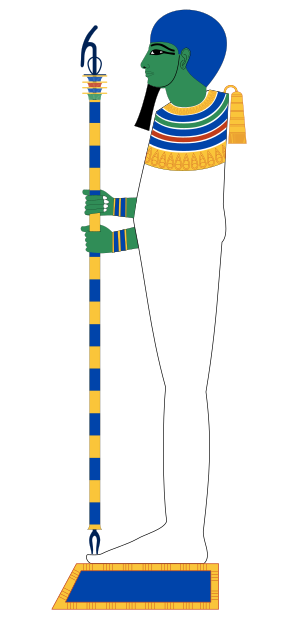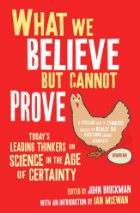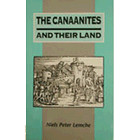In my previous post that began to address Dr McGrath’s “review” of a small section of Earl Doherty’s 10th chapter. I focussed on Dr McGrath’s opening assertion that the Ascension of Isaiah in its Christian version dates from the latter half of the second century and criticizing Doherty for failing to address this “conclusion” or justify his own disagreement with it:
The Christian version is dated by scholars to the second half of the second century at the earliest, and Doherty does not even address that conclusion or show awareness of it, much less present anything that might justify disagreeing with it.
It’s pretty hard to show any awareness of a date that is fabricated entirely in Dr McGrath’s imagination.
McGrath’s claim about the dating of the Christian version by scholars is misleading. I quoted a raft of experts and commentators on the Asc. Isa. in my previous post, mostly from sources Dr McGrath himself linked, demonstrating that they all place the various Christian parts of the Asc. Isa. much earlier and it is only the final compilation of these that was accomplished in the later second century. McGrath’s date for the assembling of the parts is irrelevant to a discussion that is about the thought-world of parts that most scholars are agreed dates between the late first and early second centuries.
I asked McGrath through a mediator (since McGrath says he won’t address me) for the source for his assertion that the Asc. Isa. should be dated to the late second century. Dr McGrath is not a fool and he knew he had overstated or mis-stated his case (perhaps as a result of my previous response to his “review”?) so he opted to answer another question: to cite an article in which scholars date the Christian portions of the Asc. Isa. to the second century (not late in that century). Dr McGrath has explained that his source was an article, from 1990, by Robert G. Hall. In that article Hall concludes that the Asc. Isa. dates from the end of the first century or beginning of the second, thus flatly contradicting Dr McGrath’s initial claim in his “review” of Doherty’s argument for a late second century date. This is surely a tacit admission that Doherty’s date for the Asc. Isa. is consistent after all with scholarly views:
We have also suggested that the Ascension of Isaiah belongs among writings which reflect prophetic conflict and which date from the end of the first century or the beginning of the second. (Hall, Robert G.. (1990). The Ascension of Isaiah: Community Situation, Date, and Place in Early Christianity. Journal of Biblical Literature. 109 (2), p.306. — my emphasis)
Here is another paragraph from the same article explaining other scholar’s views of the date of the Asc. Isa.: Continue reading “Dr McGrath: Doherty was right after all about the date for the Ascension of Isaiah”









